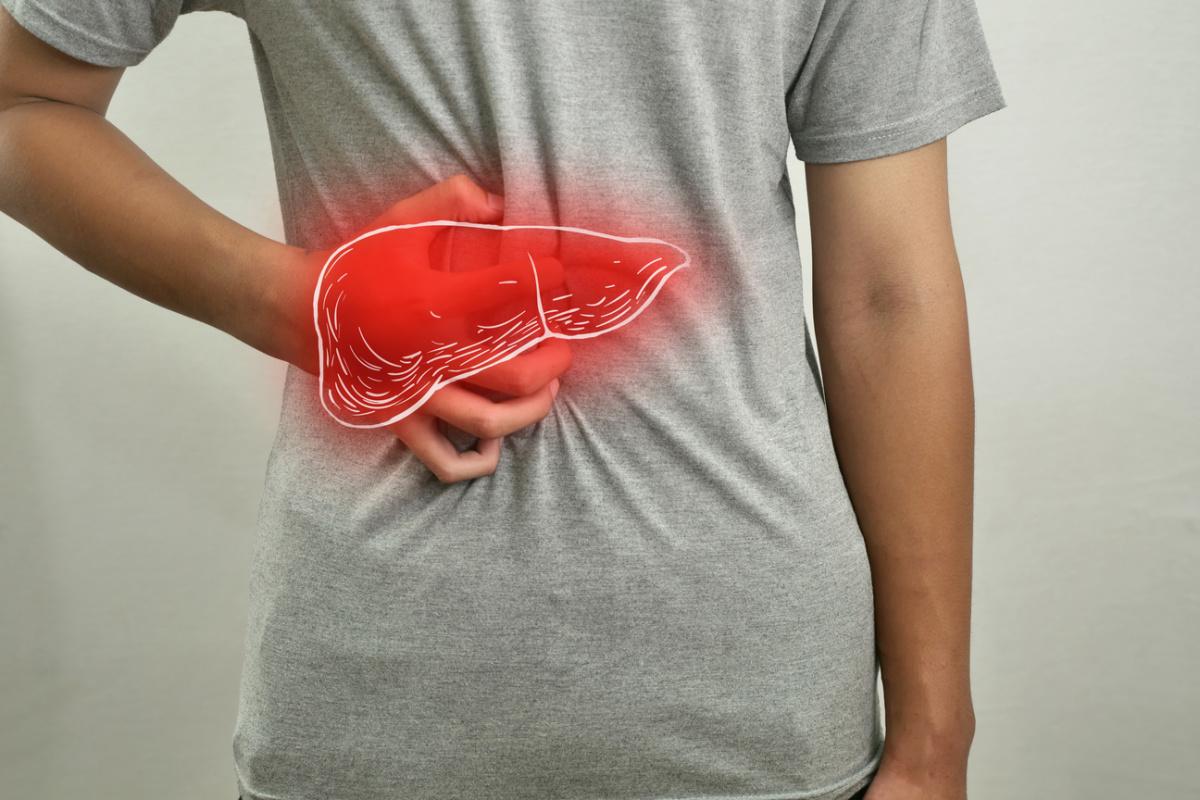As the sun rises over the serene Swiss landscape, the tranquil atmosphere invites a moment of reflection—much like the experience of sipping a warm cup of decaffeinated coffee. Among the various decaffeination methods, Swiss Water Decaf stands out not just for its unique name, but for the promise of a purer, chemical-free brew. However, as health trends shift and dietary concerns grow, many find themselves pondering the age-old question: is Swiss Water Decaf truly a healthy alternative? In this article, we will explore the process behind Swiss Water Decaf, dissect its nutritional profile, and weigh the potential benefits and drawbacks of this popular choice, ultimately shedding light on whether it deserves a place in your daily routine. Whether you are a devoted coffee aficionado looking to cut back, or simply curious about wellness trends, join us on this journey to discover what makes Swiss Water Decaf a compelling option in the world of beverage choices.
Exploring the Benefits of Swiss Water Decaf for Your Health
Swiss Water Decaf offers a range of health benefits that make it a popular choice among those looking to reduce their caffeine intake without compromising on flavor. One of the primary advantages is its chemical-free decaffeination process, which uses only water and a natural carbon filtration system. This method not only preserves the beans’ smooth taste but also ensures that harmful chemicals commonly found in other decaffeination processes are avoided. As a result, coffee lovers can enjoy their cup without worrying about hidden toxins.
Moreover, consuming Swiss Water Decaf can contribute to your overall wellness in several ways. With reduced caffeine levels, individuals often experience improved sleep patterns and decreased anxiety. Additionally, decaffeinated coffee is still rich in antioxidants and contains essential nutrients like magnesium and potassium, which can support heart health and optimal blood pressure levels. Here are a few compelling reasons to consider making Swiss Water Decaf a staple in your routine:
- Promotes Relaxation: Less caffeine leads to less jitteriness.
- Rich in Antioxidants: Helps combat oxidative stress.
- Potential Heart Benefits: May contribute to lower blood pressure.
The Science Behind the Decaffeination Process and Its Impacts
The decaffeination process primarily aims to remove caffeine from coffee beans without significantly altering their flavor profile. One prominent method, Swiss Water Decaf, employs a chemical-free procedure that relies on water, temperature, and time to extract caffeine. This process is achieved through the following steps:
- Soaking: Beans are soaked in hot water, allowing caffeine and other soluble compounds to dissolve.
- Carbon Filtration: The water is then passed through a carbon filter designed to capture caffeine while preserving oils and flavors.
- Recirculation: The flavorful solution is recirculated over fresh beans, extracting additional caffeine without leaching further flavor compounds.
- Drying: Once the desired caffeine removal is achieved, the beans are dried to restore their original moisture content.
The health implications of consuming Swiss Water Decaf extend beyond just reduced caffeine intake. Many proponents highlight the retention of beneficial antioxidants and essential oils due to the gentle, chemical-free extraction process. This method results in beans that typically maintain:
| Benefit | Reason |
|---|---|
| Higher Antioxidants | Less processing preserves natural compounds. |
| Rich Flavor | Minimized flavor loss during decaffeination. |
| Reduced Acidity | Water-based process is gentler on beans. |
Ultimately, Swiss Water Decaf represents a compelling choice for those interested in reducing caffeine intake while enjoying a satisfying cup of coffee without heavily sacrificing taste or health benefits.
Nutritional Comparisons: Swiss Water Decaf versus Traditional Coffee
When it comes to comparing Swiss Water Decaf and traditional coffee, one of the key differentiators is their caffeine content. Swiss Water Decaf is renowned for drastically reducing caffeine levels without the use of chemicals, often achieving a caffeine content of less than 0.1%. In contrast, a standard cup of brewed coffee typically contains around 95 mg of caffeine per 8 oz serving. This makes Swiss Water Decaf an excellent choice for those looking to enjoy coffee’s rich flavor without the jitters associated with caffeine, providing an option for individuals who are sensitive to stimulants or trying to limit their caffeine intake.
Nutritionally, both options boast some similar benefits, yet Swiss Water Decaf holds its own in a few areas. Below are some noteworthy points for each beverage:
- Antioxidants: Both types contain antioxidants, but some studies suggest that decaffeinated coffee may retain a higher level of certain antioxidants.
- Acidity: Swiss Water Decaf tends to be lower in acidity, making it gentler on the stomach, which can be beneficial for those with digestive issues.
- Mineral Content: Both coffees can contribute trace minerals to your diet, but Swiss Water Decaf often has slightly elevated levels of magnesium and potassium.
Tips for Choosing and Enjoying Swiss Water Decaf Responsibly
Insights and Conclusions
As we draw the curtains on the discussion surrounding Swiss Water Decaf, it’s clear that this innovative decaffeination process has carved out a unique niche in the coffee world. With its commitment to maintaining the essence of flavor while eliminating caffeine, it presents a healthier alternative for those who crave the comfort of coffee without the accompanying jitters. While individual health journeys vary, Swiss Water Decaf offers a refreshing option for coffee enthusiasts seeking balance.
whether you choose to sip with the serenity of knowing your beverage is free from harsh chemicals, or you appreciate the robust flavor profiles left intact, the health implications remain personal. As you navigate your caffeine choices, Swiss Water Decaf stands as a testament to the evolution of mindful consumption, inviting all to enjoy the rich tapestry of coffee in a way that aligns with their health goals. Cheers to savoring each cup, one mindful sip at a time.
